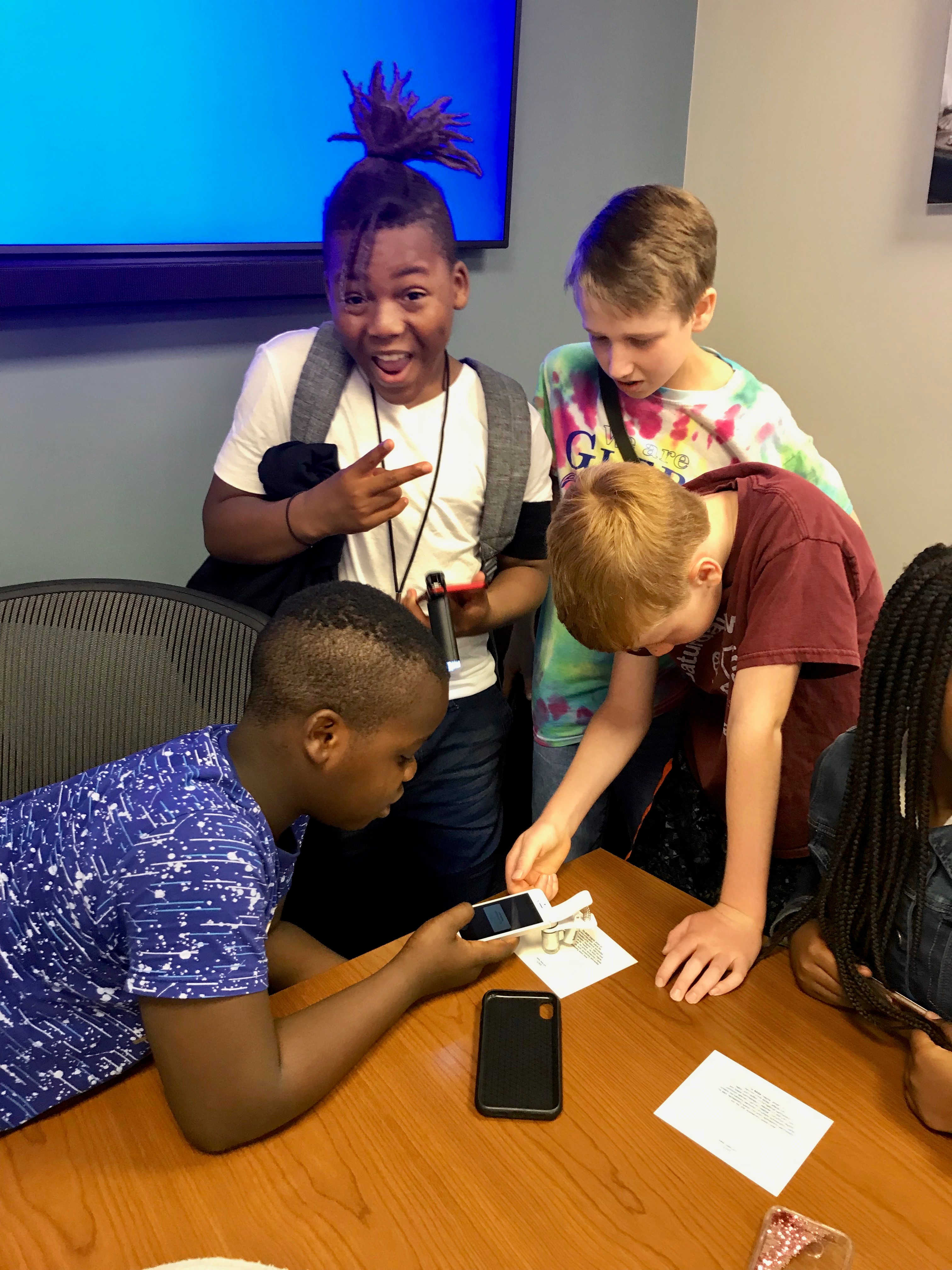News - University of Arkansas
NASA Science Educator Seeks Teachers/Students Interested in Using GLOBE Observer Mosquito Habitat Mapper in IVSS Projects

“Did you know that the mosquito is the world's most dangerous animal? What could be a better topic for students to research than this common insect that can cause so much damage?” Dorian Wood Janney, Science Educator for NASA’s Global Precipitation Measurement (GPM) Mission, said in a recent GLOBE community blog.
“We are looking for teachers and students who are interested in using the GLOBE Observer Mosquito Habitat Mapper as a part of their IVSS (International Virtual Science Symposium) science project investigation. You do not need to have active mosquitoes to do this research. There are so many ways that this can be done! Students can collect data using the Mosquito Habitat Mapper and find out: Where in their community they find potential mosquito breeding habitats? When mosquitoes are active in their community and is the active time period changing? What kinds of mosquitoes are found in their region? What kinds of mosquito-transmitted diseases have been reported in their regions? What are some protection and prevention measures that can be taken by their community to reduce the threat of mosquito-transmitted disease?”
“As students collect other GLOBE data, such as air temperature, precipitation, humidity, vegetation, land cover, and other environmental data, they can use this data to help them find correlations that help them answer the questions above,” Dorian Wood Janney said. “They could also use data from NASA satellites, such as the Global Precipitation Measurement mission to find out what conditions were like when mosquitoes are active in their region. They can use past data to predict when they anticipate seeing active mosquitoes.”
“I am happy to work with teachers and students who are considering doing an IVSS or other type of science project using the Mosquito Habitat Mapper. Feel free to reach out to me at dorian.w.janney@nasa.gov with any questions or suggestions you might have.”
To read the entire blog, click here.
type: globe-newsNews origin: GLOBE Implementation Office





